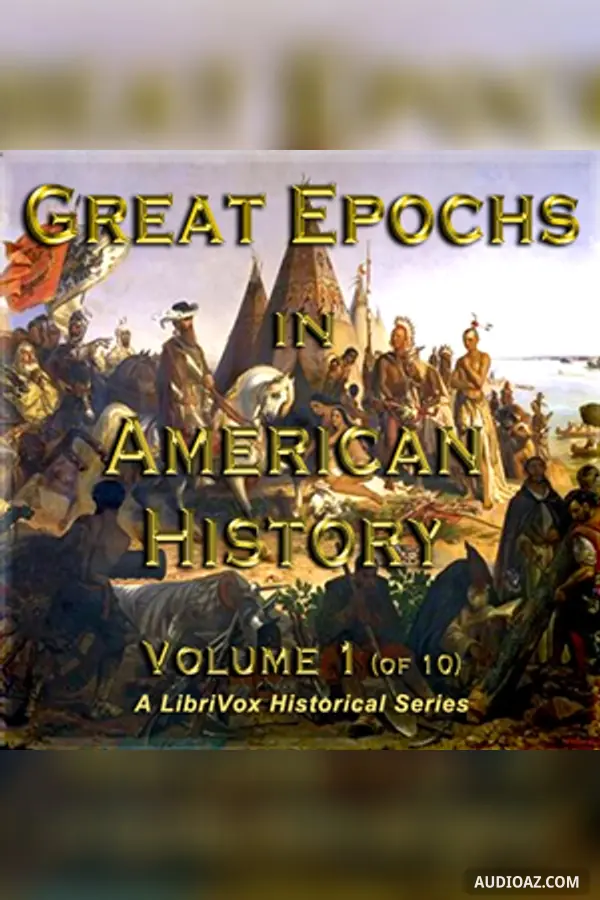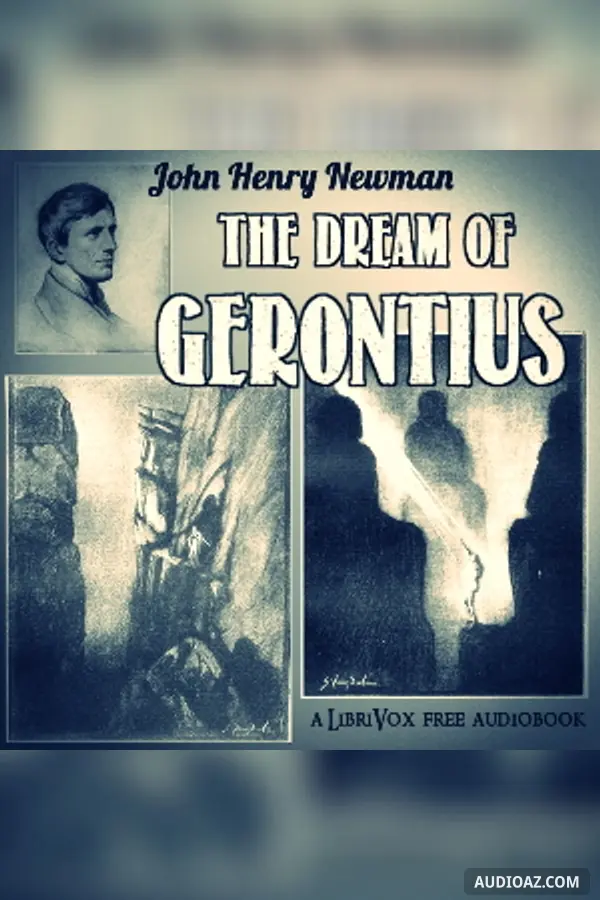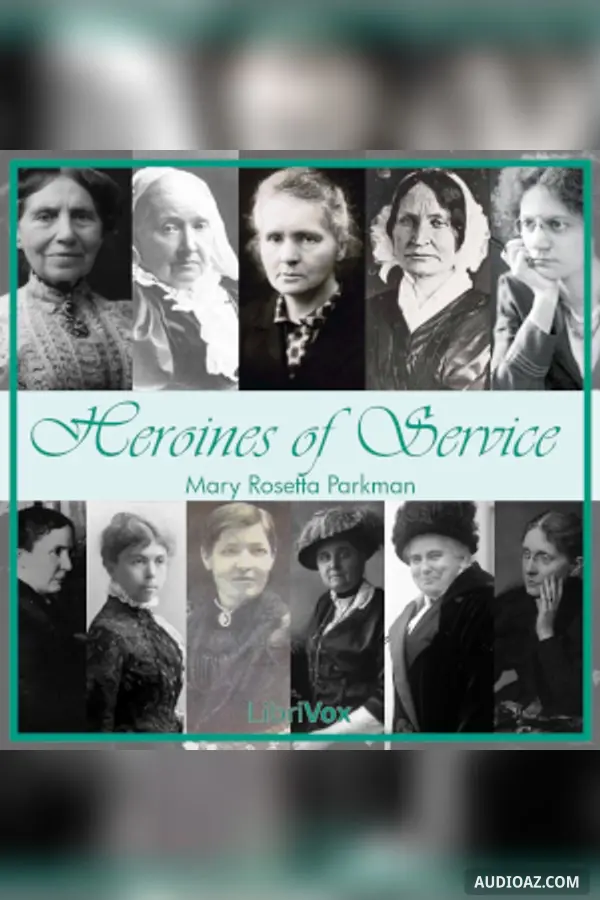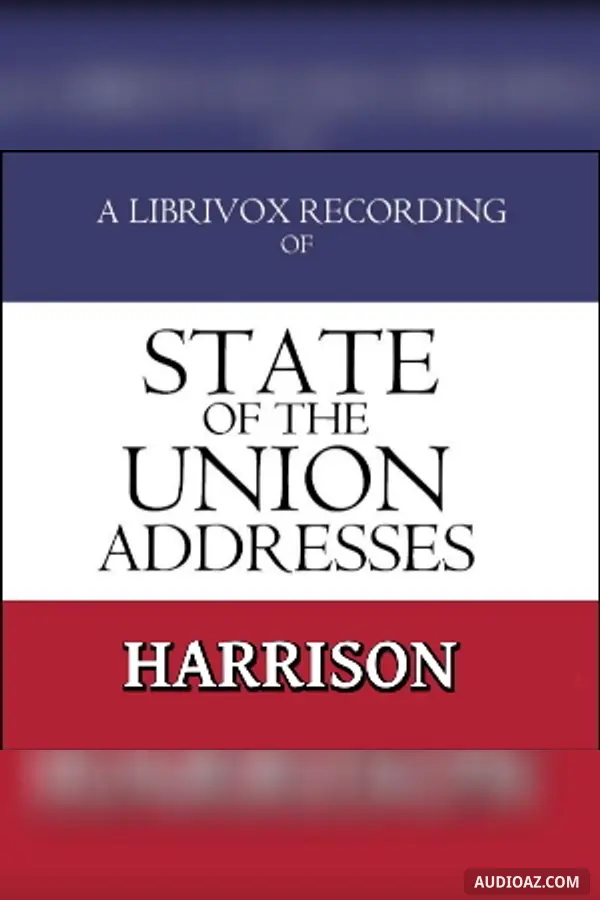
Short Nonfiction Collection, Vol. 070 - Бесплатная аудиокнига
Автор(ы): Various
Язык: English
Жанр(ы): Нон-фикшн
1 / 20An Accursed Race
- 1. An Accursed Race
- 2. The Blues and the Greens of Justinian
- 3. The Burning of Peshtigo, Wisconsin (1871)
- 4. Girls
- 5. How Much Shall We Spend for Food (1910)
- 6. King Arthur's Table
- 7. Merlin the Magician
- 8. A Metric America: "A Decision Whose Time Has Come" - For Real (1992)
- 9. The New Stove (1854)
- 10. Not to be Forgotten: Merchant Men Heroes of WWI
- 11. Observance of 5th November Act 1605
- 12. Of Seneca's Writings
- 13. Oscar Wilde and the Aesthetic Movement
- 14. Poets As Policemen
- 15. Post-Impressionism in the Prose of Gertrude Stein
- 16. Senate Subcommittee Hearing on HR 7786, to Change Name of Armistice Day to Veterans Day (1954)
- 17. Shall We Ever Be Able to Visit the Moon? (1920)
- 18. A Talk With Mr. Oscar Wilde
- 19. Theodore Roosevelt On Applying the 9th Commandment
- 20. Travels in the Air: A Balloon Ascent to 37,000 Feet (1862)
О книге
Twenty short nonfiction works selected by the readers. “Shall we ever be able to visit the moon?” queries journalist Charles Nevers Holmes in 1920. Holmes was hopeful. Technology had come a long way since 1862, when balloonist James Glaisher made a daring ascent to 37,000 feet above the earth and passed out for lack of oxygen [Travels in the Air]. Glaisher had to best-guess the altitude to which his balloon had climbed while he was unconscious. Technology requires a rational system of accurate measurement [A Metric America]. Societies, however, are not rational. Some past eras were filled with horror [The Blues and Greens of Justinian; An Accursed Race]; others with heroism [Not to be Forgotten]. Some men view the public weal through stoic's eyes [Of Seneca's Writings] and some in a more hopeful frame of mind [Theodore Roosevelt on Applying the 9th Commandment]. Days of public observance tell a nation's concerns [Veteran's Day; 5th of November Act 1605]. Myths and legends speak to the importance of loyalty [King Arthur's Table] and to our trust that truth will win out [Merlin the Magician]. Sometimes a humorist like Mark Twain can make us laugh at ourselves [Poets as Policemen]. At other times grief overwhelms us [The Burning of Peshtigo, Wisconsin]. The single woman or man, wondering their place in this complexity, can make a difference: a woman stops to think about the food she buys for her family [How Much Shall We Spend for Food]; another woman sparks a bit of self-assertive feminism in a friend [The New Stove]. And, ever and again, in our search for meaning, we turn to artists [A Talk with Mr. Oscar Wilde; Oscar Wilde and the Aesthetic Movement; Post Impressionism in the Prose of Gertrude Stein]. - Summary by Sue Anderson
Комментарии
Будьте первым, кто оставит комментарий
К этому контенту пока нет комментариев. Начните обсуждение!
Показать больше
Теги: Short Nonfiction Collection, Vol. 070 audio, Short Nonfiction Collection, Vol. 070 - Various audio, Нон-фикшн audio, free audiobook, free audio book, audioaz





